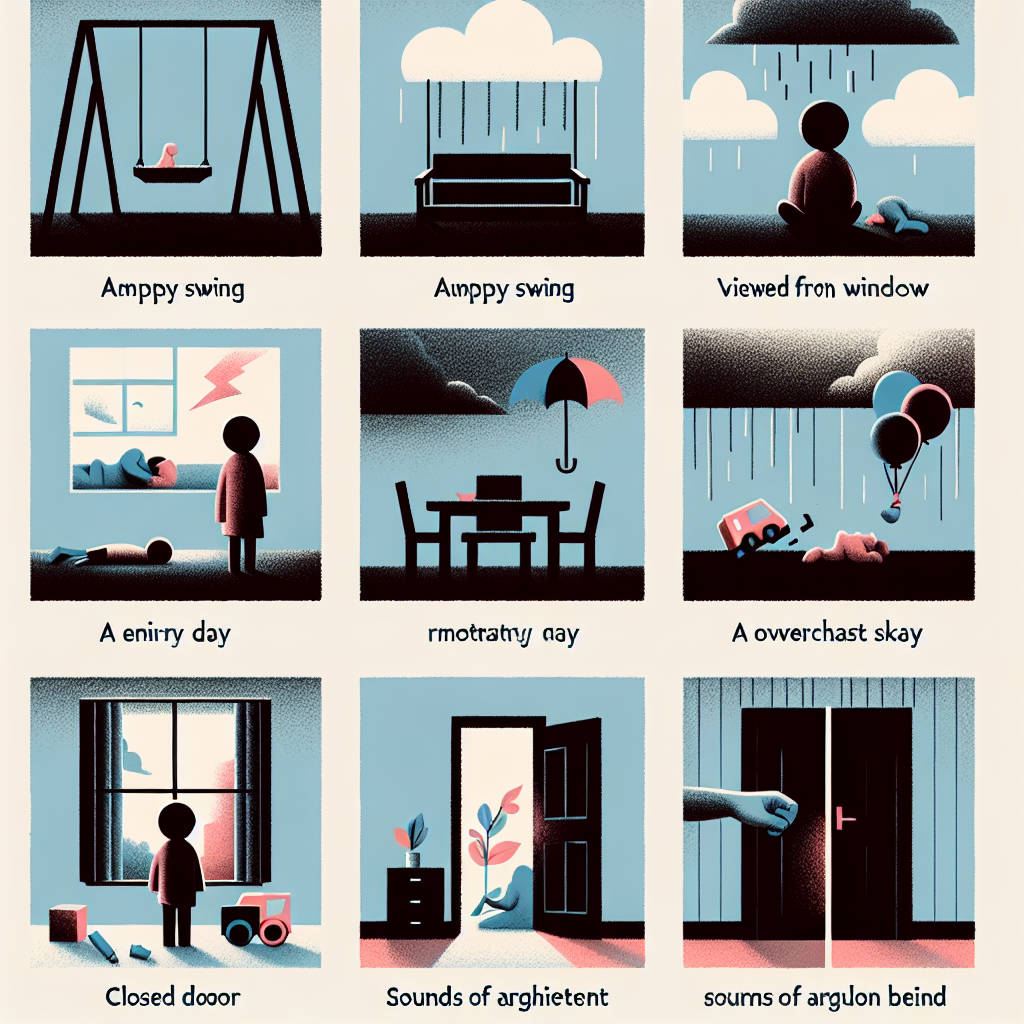7 Signs You May Have Experienced an Unhappy Childhood
“`html
7 Signs You May Have Experienced an Unhappy Childhood
Childhood is a formative period that shapes our personalities, behaviors, and emotional well-being. While many people look back on their early years with fondness, others may have experienced an unhappy childhood that continues to affect them into adulthood. Recognizing the signs of an unhappy childhood can be the first step towards healing and personal growth. This article explores seven indicators that may suggest you had an unhappy childhood, supported by research and expert insights.
1. Difficulty Forming Healthy Relationships
One of the most telling signs of an unhappy childhood is the struggle to form and maintain healthy relationships. According to a study published in the Journal of Family Psychology, individuals who experienced neglect or abuse during childhood often have difficulty trusting others and may exhibit attachment issues.
- Fear of intimacy or vulnerability
- Difficulty trusting others
- Tendency to sabotage relationships
These behaviors can stem from a lack of secure attachment during childhood, leading to a cycle of unstable relationships in adulthood.
2. Low Self-Esteem
Low self-esteem is another common sign of an unhappy childhood. Children who grow up in environments where they are criticized or undervalued may internalize these negative messages, leading to a poor self-image. A report by the American Psychological Association highlights that children who experience emotional abuse are more likely to suffer from low self-esteem as adults.
Individuals with low self-esteem may:
- Constantly seek approval from others
- Struggle with self-worth and confidence
- Engage in self-destructive behaviors
3. Chronic Anxiety or Depression
Experiencing chronic anxiety or depression can be a lingering effect of an unhappy childhood. The National Institute of Mental Health notes that adverse childhood experiences (ACEs) can significantly increase the risk of mental health disorders later in life.
Signs of chronic anxiety or depression include:
- Persistent feelings of sadness or hopelessness
- Excessive worry or fear
- Difficulty concentrating or making decisions
4. Perfectionism
Perfectionism often develops as a coping mechanism for those who had an unhappy childhood. Children who felt they could never meet their parents’ expectations may strive for perfection in an attempt to gain approval and avoid criticism.
Characteristics of perfectionism include:
- Setting unrealistically high standards for oneself
- Fear of failure or making mistakes
- Inability to accept criticism
5. Emotional Numbness
Emotional numbness is a defense mechanism that some individuals develop to protect themselves from the pain of an unhappy childhood. This can manifest as a difficulty in expressing or feeling emotions, leading to a sense of detachment from oneself and others.
Signs of emotional numbness include:
- Feeling disconnected from emotions
- Difficulty empathizing with others
- Avoidance of emotional situations
6. Overachievement or Underachievement
Both overachievement and underachievement can be signs of an unhappy childhood. Some individuals may become overachievers, driven by a need to prove their worth, while others may underachieve due to a lack of confidence or motivation.
Indicators include:
- Overachievers: relentless pursuit of success, fear of failure
- Underachievers: lack of ambition, fear of trying new things
7. Substance Abuse
Substance abuse is a common coping mechanism for those who experienced an unhappy childhood. The Substance Abuse and Mental Health Services Administration (SAMHSA) reports that individuals with a history of childhood trauma are at a higher risk for developing substance use disorders.
Signs of substance abuse include:
- Using substances to cope with stress or emotions
- Neglecting responsibilities due to substance use
- Inability to control or reduce substance use
Conclusion
Recognizing the signs of an unhappy childhood is crucial for understanding how past experiences may be affecting your present life. Whether it’s difficulty forming relationships, low self-esteem, or substance abuse, these indicators can provide valuable insights into your emotional and psychological well-being. If you identify with any of these signs, consider seeking support from a mental health professional to begin the journey towards healing and personal growth. Remember, acknowledging the past is the first step towards a healthier and happier future.
“`




